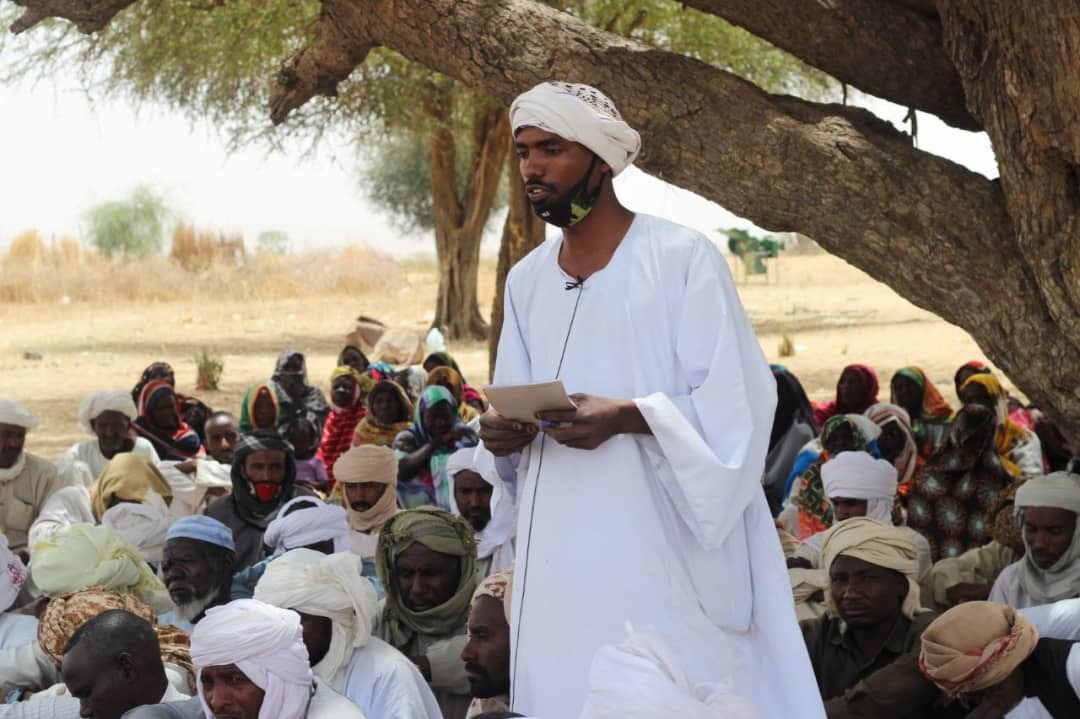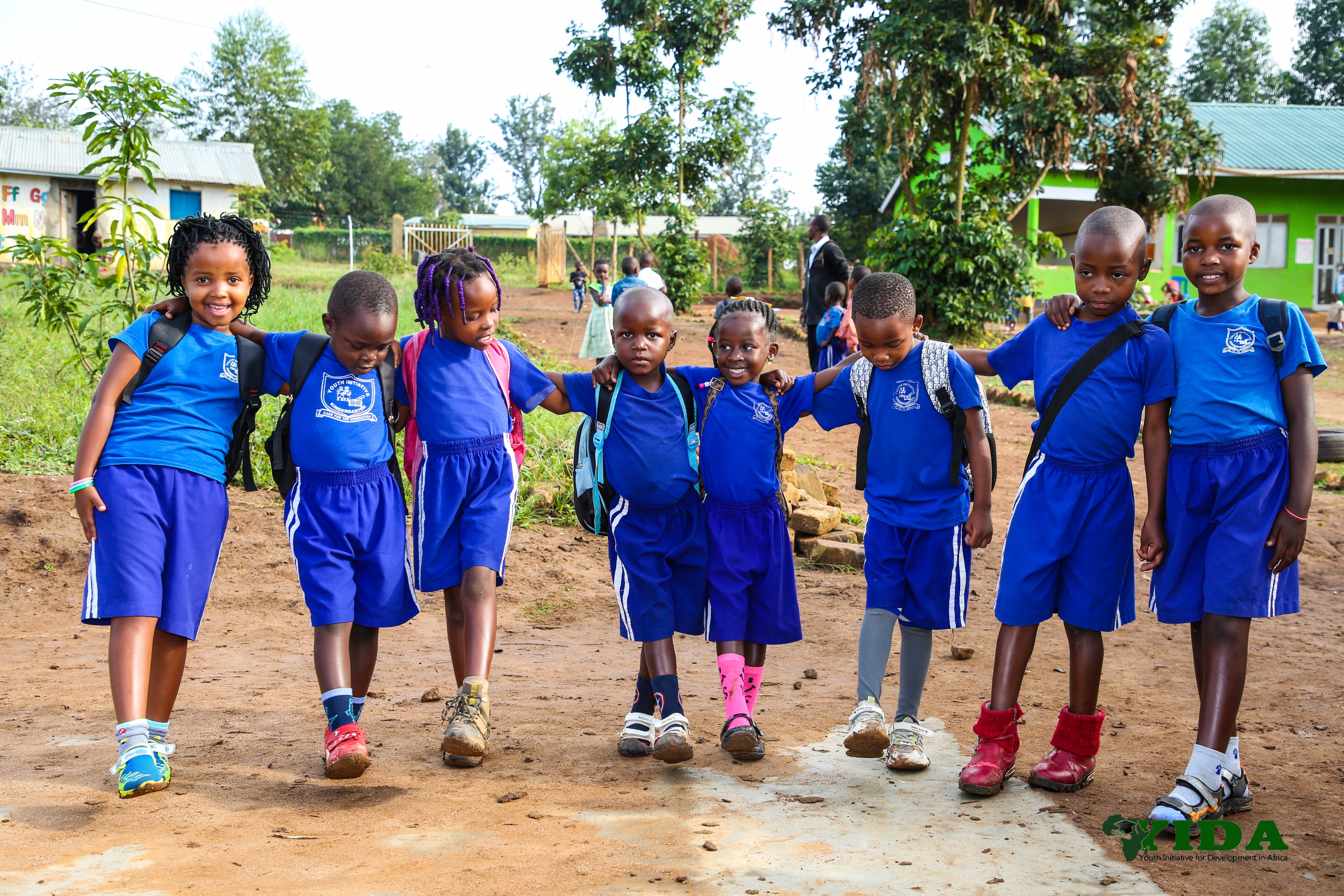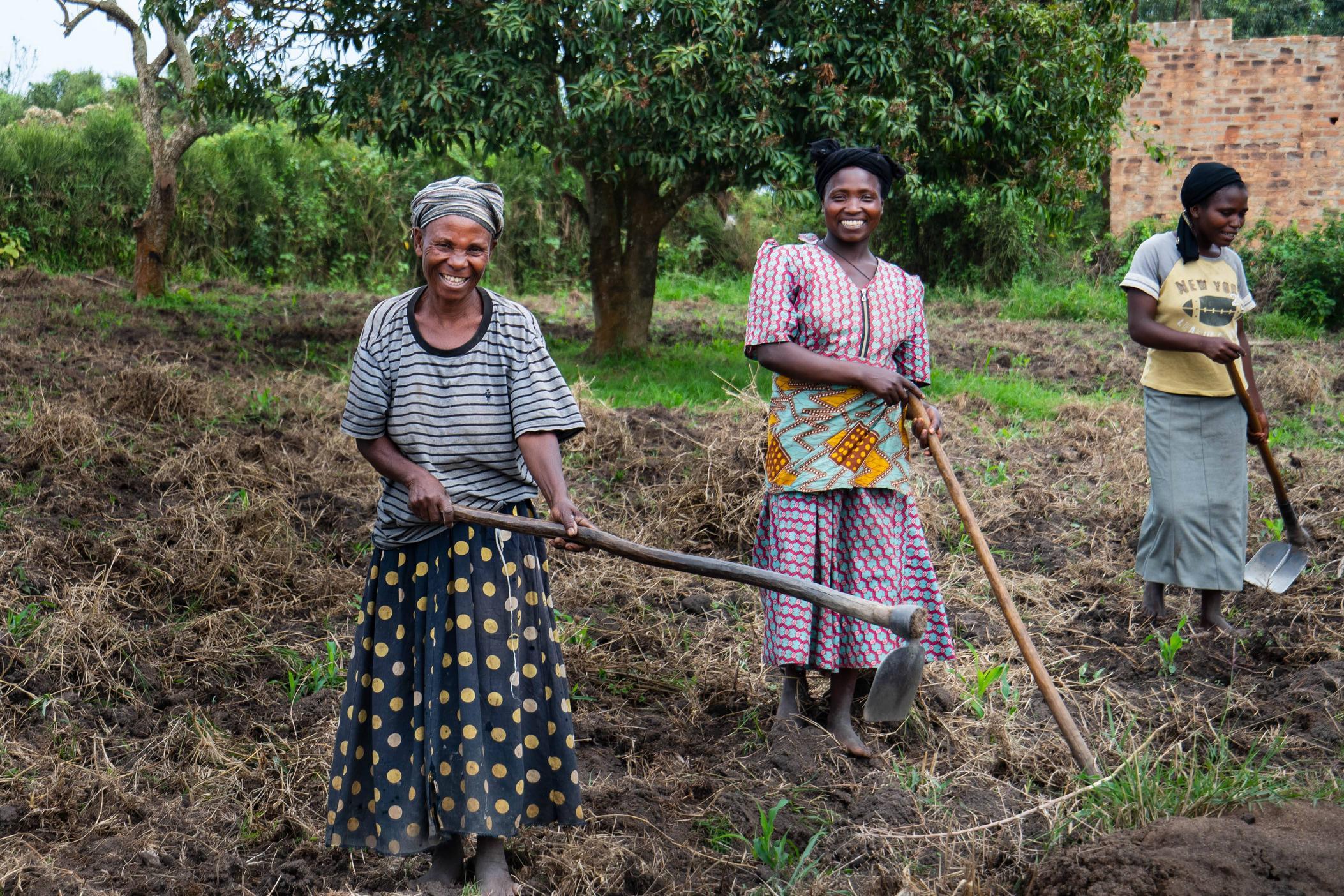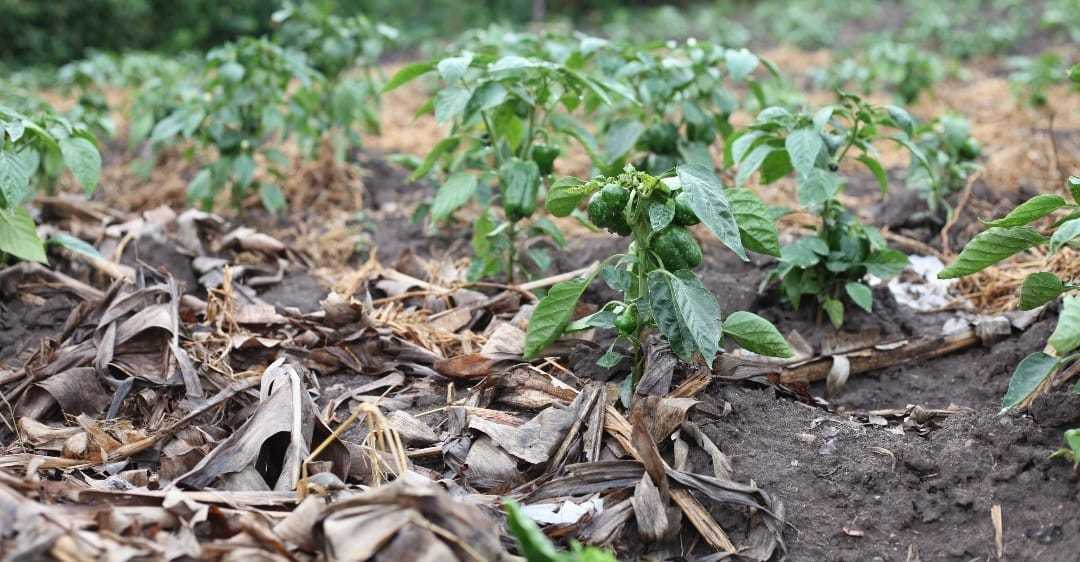Collective Change
These Collectives bring together organisations who are responding to the specific needs of their communities through innovative solutions. Partners, funders and other supporters can join the Collectives that are leading change and transforming refugee communities
Become part of the collective change and find out more in the pages below.

Sudan Campaign
Over 8.1 million people have been forcibly displaced by the Sudan conflict. HRRDS, ICSS, RoG & RIWA are at the forefront of responding to the crisis and urgently need flexible funding to adequately respond to the emergency, ensure effective response, and support the most vulnerable populations in both Sudan and South Sudan. Your contribution can help these local organizations deliver life-saving aid and long-term solutions amidst the crisis.
Raised: £ 46,613

Basic Education
Five refugee-led organisations (RLOs) are transforming their communities by delivering formal education initiatives to refugee children. The schools run by the RLOs, are providing over 2,071 children with unique and quality education opportunities that can help them build better futures. At a global level, UNHCR estimate that half of the 3.5 million refugee children of primary school age do not go to school. This can have severe developmental and psychosocial impact on these young people on top of their experiences of being forcibly displaced. Formal education systems in refugee-hosting countries often cannot meet the demands, as well as there being multiple barriers for refugees enrolling in schools. RLOs are playing a vital role in closing these gaps, however their expertise in delivering formal education is not always formally recognised. Refugee-led organisations are working to ensure that the next generation of children can build better futures for themselves. They want to build more classrooms, ensure teachers are trained properly, and ensure that children can access learning in safe spaces that nurture and protect them. These organisations are coming together despite these challenges to serve their communities meaningfully. Find out more about the progress they’ve made below and read their stories of collective change. The more support they receive, the more they will be able to improve the quality of the learning experience and enroll more children in their schools. Be part of the change and donate today.
Raised: £ 34,169

DR Congo War Emergency Campaign
UPDATE 4TH MARCH 2025: Due to the kind support of donors we have been able to send the funds raised so far to Fountain of Hope in Bukavu and Goma. The team there have been able to use the funds to support children from the destroyed displacement camp outside Goma with basic provisions and shelter. The humanitarian crisis in the Democratic Republic of Congo (DRC) is escalating rapidly, with intense fighting between M23 rebels and government forces in the East of the country. The violence has left many dead and injured, while displacement, food insecurity, and infrastructure breakdowns worsen the suffering of civilians. Hundreds of casualties: The United Nations estimates that approximately 7,000 people have been killed in the region since January, with a significant number of civilians among the deceased. A healthcare emergency: Hospitals in Goma are overwhelmed, facing severe shortages of medical supplies and staff. Mass displacement: Over 700,000 people have fled their homes since January, adding to the millions already displaced in eastern DRC. Food insecurity: Blocked roads and resource shortages have left families struggling to access basic nutrition. Humanitarian access restricted: Key roads and Goma’s airport are unusable, hampering relief efforts. How Your Support Helps Local Refugee-Led Organisations (RLOs) are leading the response despite limited resources. Cohere through Reframe, is partnering with these organisations to deliver critical support. Your donation will enable: Basic Provisions: Ensuring food distributions for families facing acute hunger. Safe Shelter: Providing secure spaces for displaced women, children, and vulnerable groups. Strengthened Local Response: Enabling local organisations to adapt swiftly to on-the-ground needs. Why Local Organisations RLOs bring trusted relationships and local expertise, ensuring aid reaches those who need it most. Flexible funding empowers them to respond effectively to this rapidly evolving crisis. Cohere has worked with the RLOs listed above for several years and established trusting relationships with local leaders. Take Action Today Donate now to the DR Congo Emergency Response Campaign via the Reframe platform by clicking on the Donate button above. All donations will go straight to local organisations on the frontline of this crisis. Share this campaign to help amplify the call for urgent action.
Raised: £ 400

Climate Resilience
Seven refugee-led organisations (RLOs) in Kenya, Zimbabwe and Uganda are working together to address issues around climate change that affect their communities and promoting climate smart agricultural livelihood opportunities for their communities.As part of the collective, RLOs share knowledge, skills, experiences and best practices as they aim to build resilience and sustain and develop prosperity in communities under constraints brought about by climate change harshness. Refugee settlements like Kakuma refugee camp in Kenya, Tongogara Refugee Settlement in Zimbabwe, Kyaka II refugee settlement in Kyegegwa, Uganda among other refugee hosting areas in African countries often lack adequate infrastructure to withstand extreme weather events. This makes them highly susceptible to damage from floods, storms, and heatwaves, putting lives at risk and exacerbating already poor living conditions. In a nutshell, refugees are particularly vulnerable to the impacts of climate change due to their pre-existing challenges related to displacement, lack of resources, and precarious living conditions. A number of these communities sit on the frontline of climate vulnerable regions, their resilience and capacity respond is critical for today and the future.
Raised: £ 225

Women for Women
This collective consists of seven refugee-led organisations (RLOs) across East Africa working together to close the empowerment gap that prevents refugee women from accessing opportunities to transform their education, health, and livelihoods. Within the collective, women-led RLOs exchange knowledge, skills, experiences, and best practices to support refugee women, girls, and their host communities in improving health, mental well-being, economic stability, and leadership skills. This collaborative approach strengthens resilience and promotes women’s empowerment. These organisations enable refugee women and girls to drive lasting change, advancing resilience, economic security, and community leadership across refugee communities. To date, they have supported over 10,000 women.
Raised: £ 2

Sustainable Agriculture
Seventeen refugee-led organisations (RLOs) are empowering over 10,000 small-scale refugee farmers in Uganda, Kenya, and Malawi, annually, by promoting indigenous regenerative agricultural practices such as maintaining soil cover, crop diversity, minimal soil disturbance, and integrated crop-livestock farming. Unlike unsustainable aid-dependent interventions, this approach fosters long-term self-reliance and food security. In 2023, the UN World Food Programme’s funding shortfall of over 60% led to food ration cuts from 70% to 30%, pushing approximately 1.6 million refugees into emergency hunger. Recognizing the need for sustainable solutions, these organisations are tackling food insecurity, poverty, and hunger, helping refugee families achieve self-reliance and economic inclusion. Every donation supports this vital mission, impacting thousands of lives.
Raised: £ 0

Digital Economies
Gaining employment as a refugee is harder than for a national. Refugees face discrimination both in entering the job market and in the monthly salary they receive once entering the job market. Barriers to refugee livelihoods lead to extreme poverty and long-term negative life outcomes. For example, the levels of poverty faced by households in Kakuma in northern Kenya can be illustrated in the behavior of 43% of families who employ immediately harmful coping mechanisms such as spending entire days without eating. However, there are opportunities for refugees to engage in and contribute to local and international economic growth. With the right skills, investments, and networks, refugees are playing a key role in local and international value chains. With improving connectivity and market linkages refugees all over the world are engaging in remote work and generating income online. These refugee-led organizations (RLOs) are collectively empowering youth with digital skills and connecting them with digital employment opportunities thus significantly contributing to their sustainable livelihoods. Facilities improvement, tapping into better internet connectivity, and procuring more and better computers are some of the urgent needs that these RLOs can address with additional funding. We invite donors and other partners to support them with funding of any amount.
Raised: £ 0